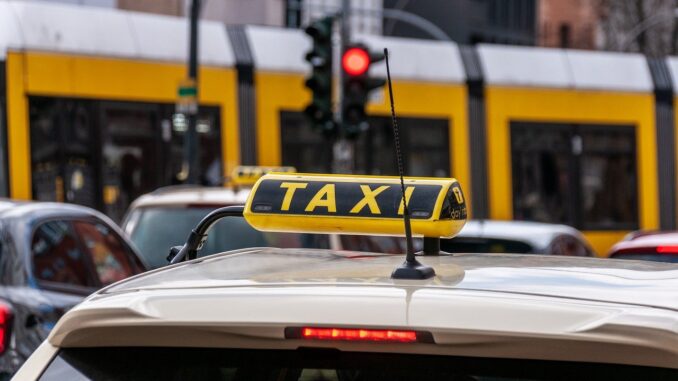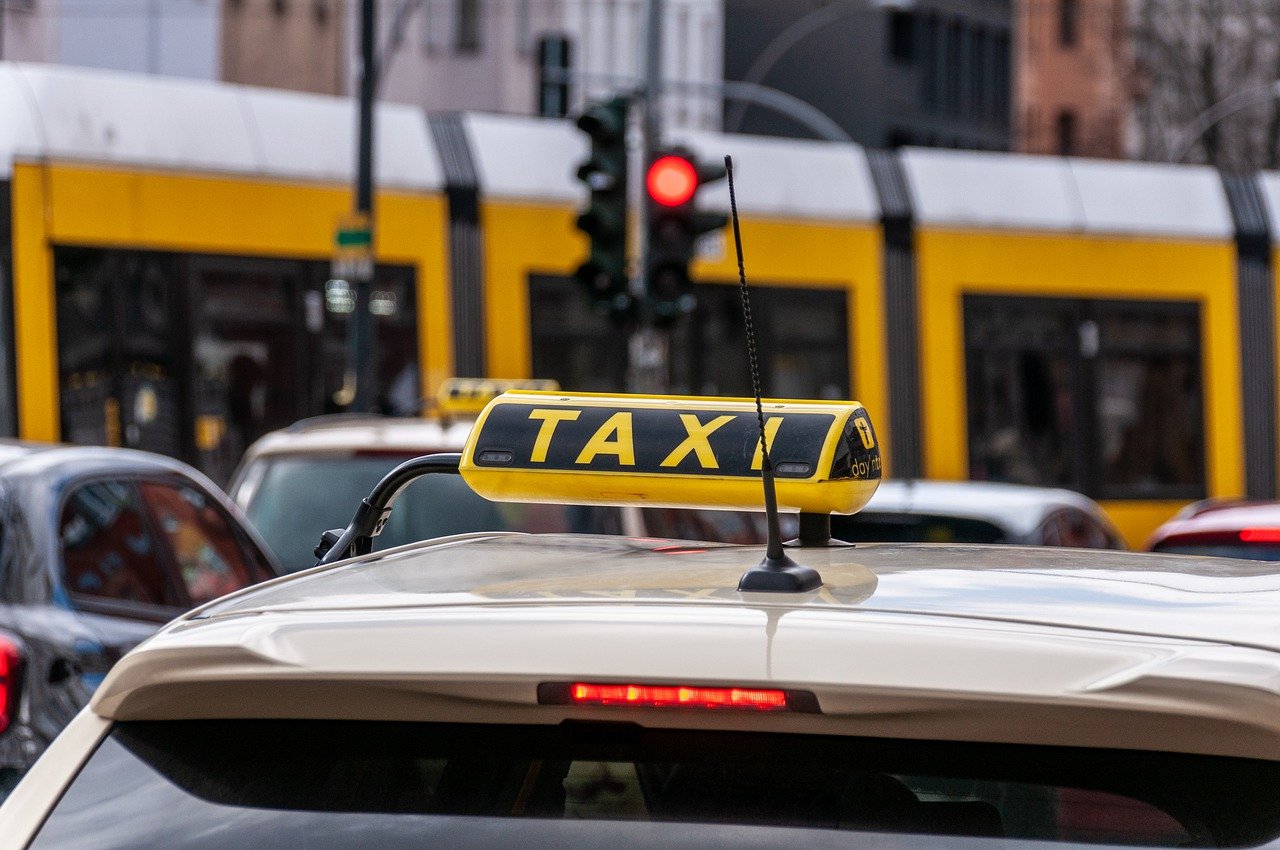
[ad_1]

Chinese autonomous vehicle startup Pony.ai has introduced its driverless robotaxi service in Shenzhen.
On Monday, the autonomous vehicle technology company revealed that it has received a permit in Shenzhen to conduct robotaxi services without an onboard safety officer in the city’s core areas, according to a report by CnEVPost.
Pony.ai was founded in late 2016, and since then has established research and development (R&D) centers in Silicon Valley, Guangzhou, Beijing, and Shanghai, and is running robotaxi operations locally.
The company launched the robotaxi app PonyPilot in December 2018, and in November 2020, it secured a permit to operate the robotaxi service in Beijing.
In March 2021, Pony.ai announced that it had received a license in Beijing to operate fully unmanned robotaxi services within a 60 sq.km area in the Yizhuang Economic Development Zone.
In April, the company was granted permission to offer robotaxi service without a safety officer in the vehicle in Guangzhou.
Baidu is the only other firm that has obtained such a permit.
Pony.ai Has 200,000 Paid Travel Orders
Pony.ai’s expansion into the sprawling metropolis of Shenzhen comes as the company has been able to quickly roll out self-driving technology in different cities.
The company said that driverless vehicles need to undergo rigorous testing before hitting the road, including remote and extreme scenarios, safety management, network and data security, risk response, and a comprehensive assessment by experts and government departments.
To date, Pony.ai has more than 1 million kilometres of fully unmanned testing and nearly 200,000 paid travel orders.
Pony.ai, which is backed by Toyota Motor and NIO Capital, aims to remain at the forefront of China’s rapidly growing autonomous vehicle market.
The Chinese government has identified self-driving cars as a key strategic area for growth and has been actively supporting the development of the sector.
The country had previously said that it wants to have vehicles with partial self-driving technology account for 50% of all new-auto sales by 2025.
Meanwhile, Pony.ai faces stiff competition from rivals such as Baidu and Didi Chuxing.
Autonomous cars have been in development for over a decade, but the market has been heating up just recently as investors and automakers pour billions of dollars into the business.
Several companies including Waymo, Cruise, and Zoox, have launched their own robotaxi services all over the world.
Robotaxis are expected to reduce traffic, lower transportation costs, and improve safety.
They also have the potential to significantly reduce traffic congestion. A fleet of self-driving cars can be programmed to travel in the most efficient way possible, avoiding traffic jams, and waiting times.
By reducing traffic congestion, Robotaxis can help alleviate the issues of air pollution and environmental degradation caused by long idling times in congested traffic.
[ad_2]
Source link




